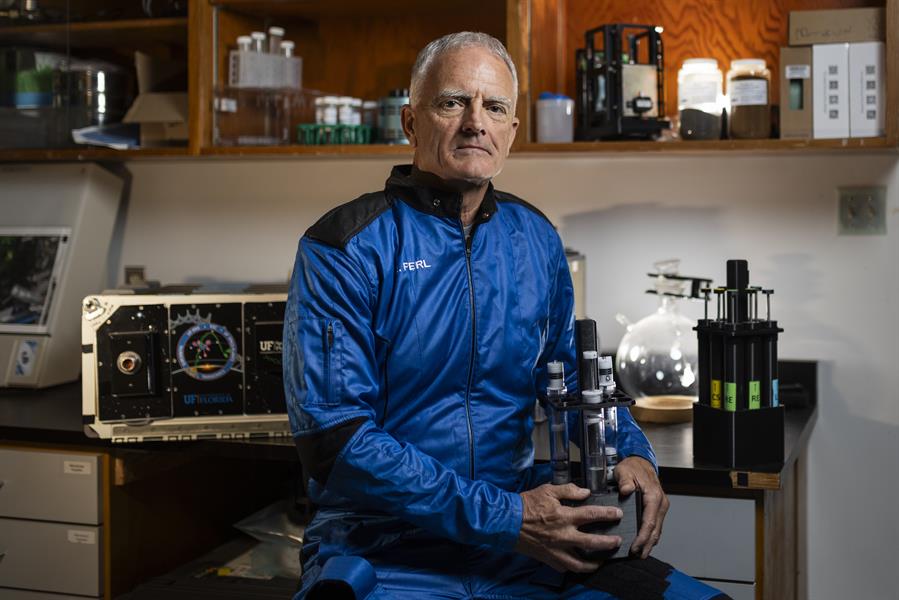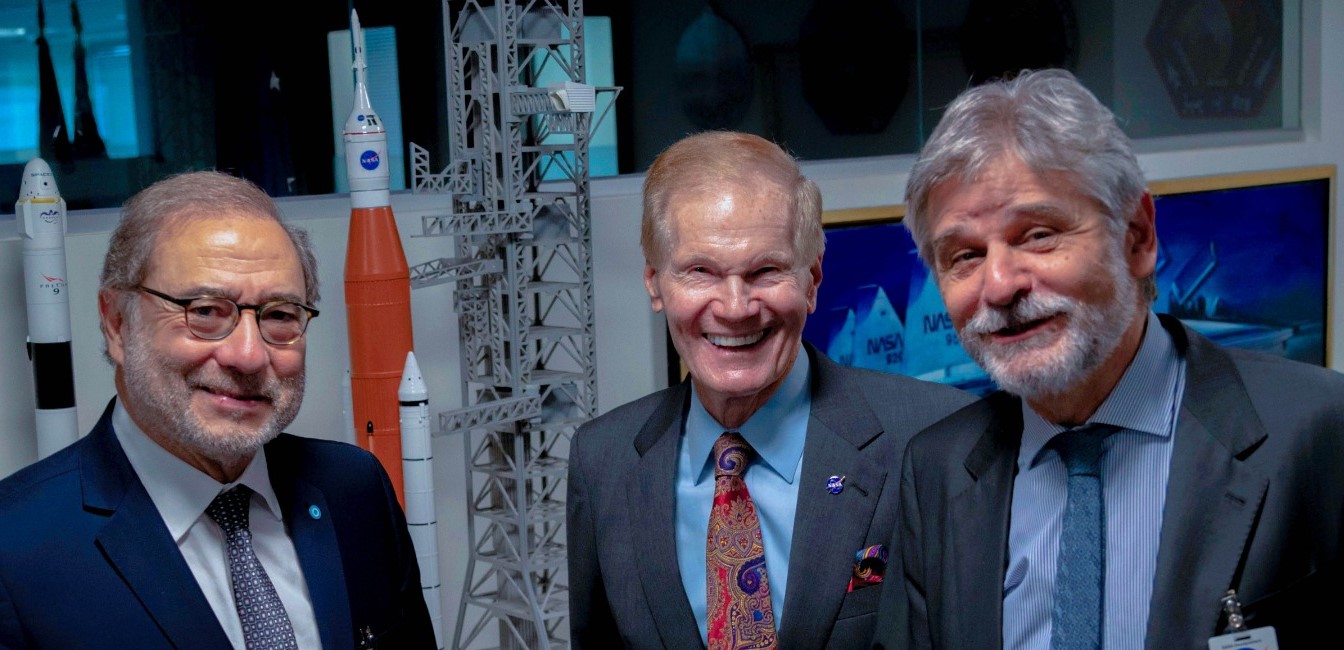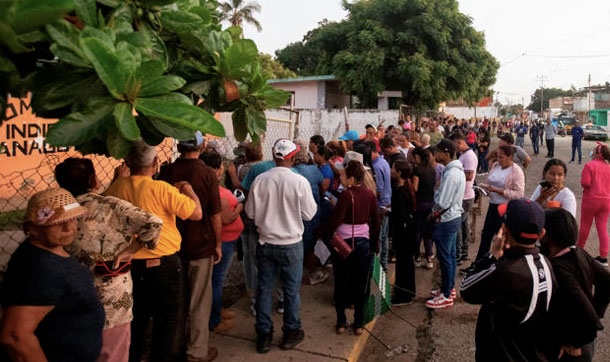How will Colombia change with the Fourth Industrial Revolution? And, what is even more important, what to study so as not to be left behind in this transformation?
Data science, cybersecurity, sustainable energy systems, artificial intelligence and, in general, everything related to new technologies are some of the approaches that will make people talk in a future that is just around the corner, and whose university offer is already available at the Universidad del Rosario.
In the new School of Engineering, Science and Technology of this institution, students immerse themselves in an ecosystem focused on applied innovation, where flexibility in content and the creation of global solutions based on global technologies are its main differentials.
Through programs such as Applied Mathematics and Computer Science (MACC), Industrial Engineering, Energy Systems Engineering or Electronic Engineering, the new School of Engineering, Science and Technology wants to provide the tools that men and women require to expand their opportunities in the digital economy.
According to Juan Fernando Pérez, leader of the School of Engineering, Science and Technology, “here unique programs in the country are combined, very flexible with each other and that have the particularity of having numerous lines of deepening, with the trajectory and the recognition acquired by the Universidad del Rosario in its 367 years of history ”.
MACC, a “nerdy toy store”
At the Universidad del Rosario, mathematics is applied and contributes to solving everyday problems. If this is not attractive enough, how about adding new concepts such as ‘big data’ or computer science to this field? This is precisely what happens in the Applied Mathematics and Computer Science (MACC) program.
“MACC is a unique program in Colombia not only because it is the first undergraduate degree in Computer Science, but because it combines them with Applied Mathematics to train professionals who will lead the digital transformation. It includes lines of deepening in data science, artificial intelligence and cybersecurity. Topics that will be fundamental for society in the coming years and that, unlike other undergraduate courses in the country, can be studied in depth along several lines ”, affirms Valérie Gauthier, director of the program.
For Gauthier, the best definition of the program is a “nerdy” toy store, where mathematicians, physicists and engineers coexist in the same ecosystem.
The new careers of the School
The arrival of the School of Engineering, Science and Technology at the Universidad del Rosario also brought with it three new undergraduate degrees: Energy Systems Engineering, Industrial Engineering and Electronic Engineering.
“Ingeniería de Sistemas Energéticos is unique in the country because it combines technical and economic issues. That makes a lot of sense for today’s energy sector, where professionals must be clear about the potential of the sun, water or wind in sustainable systems, but they must also know how to transform these into electrical energy and bring it to the consumer’s home, determining efficient prices and guaranteeing the reliability of the service ”, explains Juan Fernando Pérez.
It should be noted that this program includes two lines of deepening: Renewable Energies and Energy Markets. For their part, Industrial Engineering students will be able to delve into areas such as Data Science, Logistics or Decision Analysis and Finance, while Electronic Engineering students will be able to do so in Robotics and Automation, Telecommunications and Cyber-physical Systems.
“Additionally, the programs have smaller areas that students can decide to take, such as Smart Cities, Internet of Things, Actuarial or Software Development, which give our students more flexibility and bring them closer to more specific applications of their knowledge. ”, Asserts Valérie Gauthier.
Master’s for World Leaders 4.0
The Fourth Revolution needs leaders who know how to use and create the new technologies that will transform the business world as we know it. The MACC Master’s Degree (Applied Mathematics and Computer Science), precisely, has three lines of deepening aimed at applied innovation.
In the first place, a line of Computational Data Science, focused on data analysis and information systems; second, a Cybersecurity line that, as Gauthier explains, “seeks to train professionals with capacities aligned with global needs in terms of offensive and defensive security required for the protection of information in the personal and organizational sphere; also applying artificial intelligence to cybersecurity and delving into cryptography issues ”. And third, a line in artificial intelligence that provides tools for the design of intelligent systems.
The great differentiator of the MACC master’s degree compared to other postgraduate programs is that the future master’s degree is capable of leading projects and transferring knowledge and technology, mixing artificial intelligence, cybersecurity and computational data science.
“In Colombia, we should not train only technology users, it is necessary to train the creators who will bring the Fourth Industrial Revolution to Colombia. That is the motivation of the School of Engineering, Science and Technology ”, Gauthier points out.





